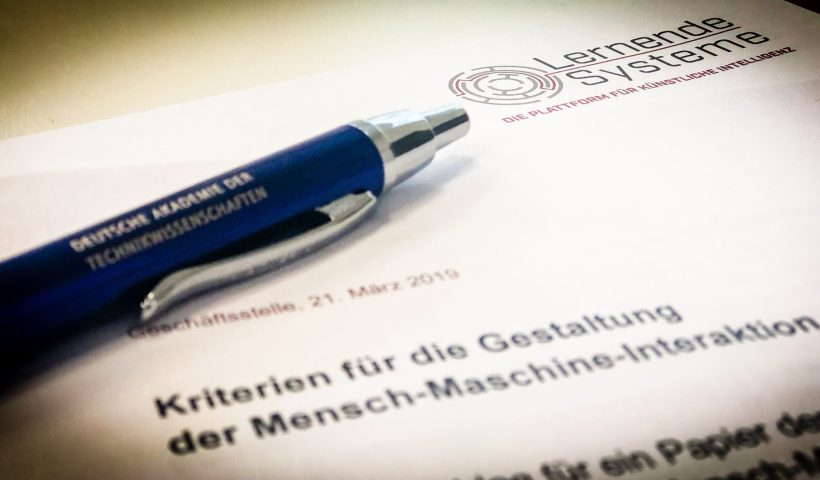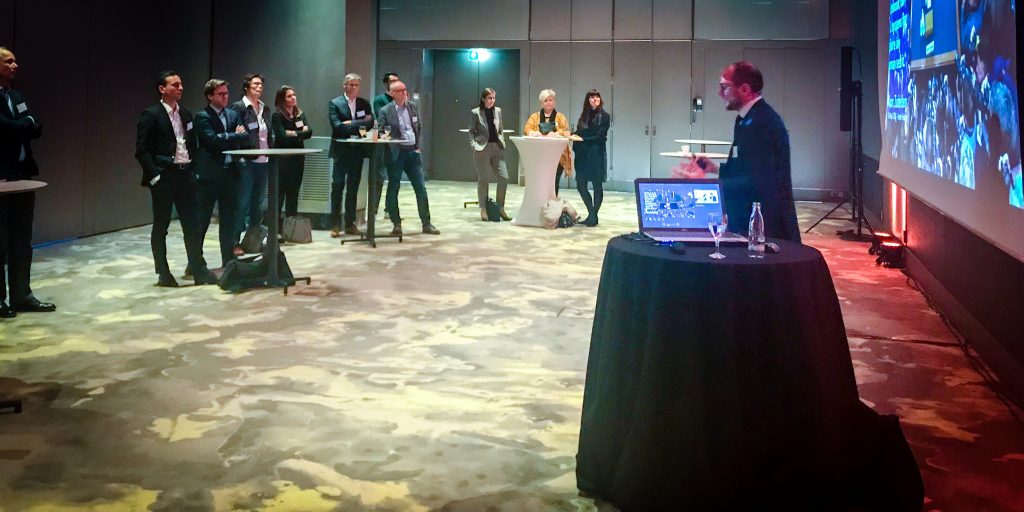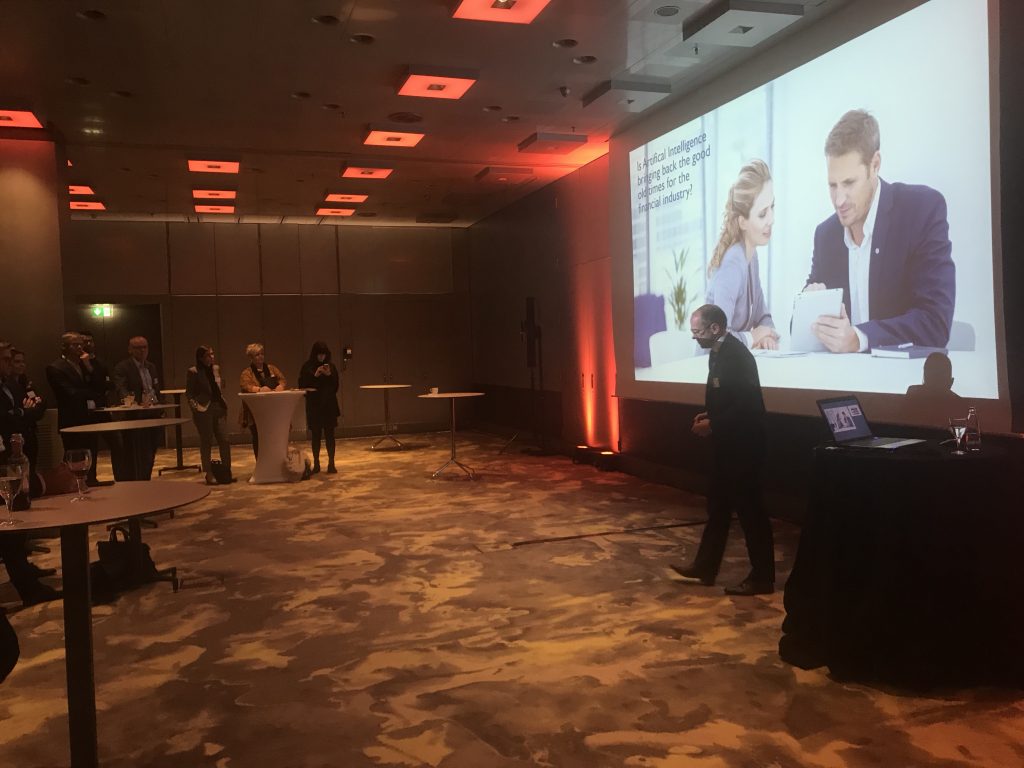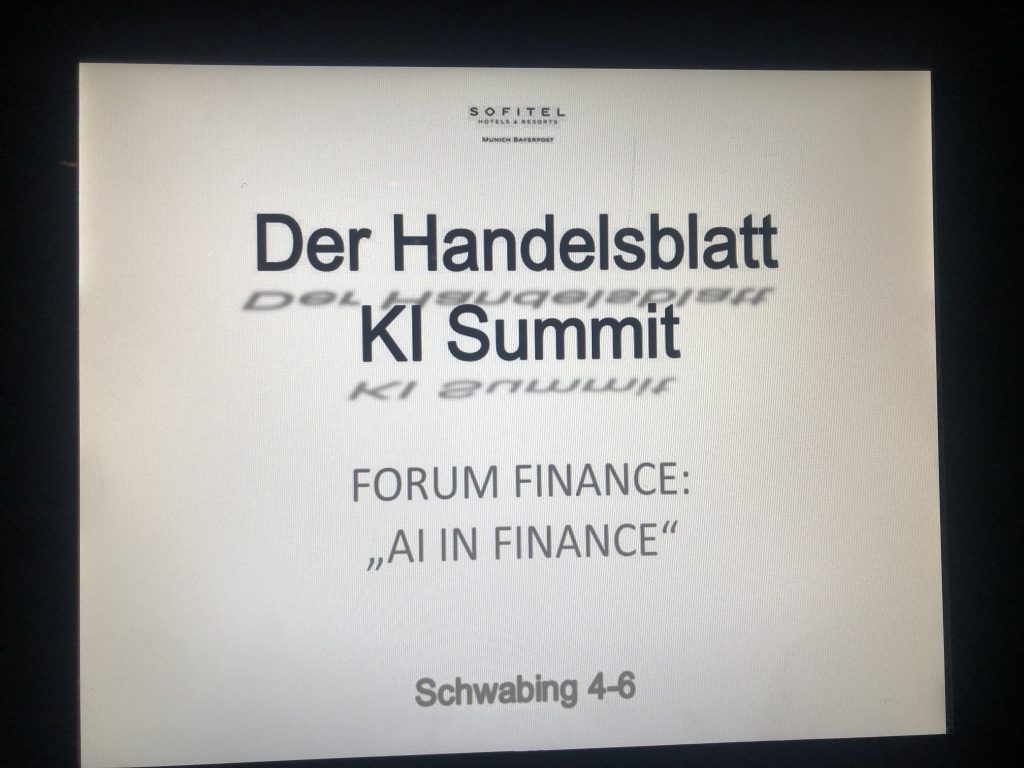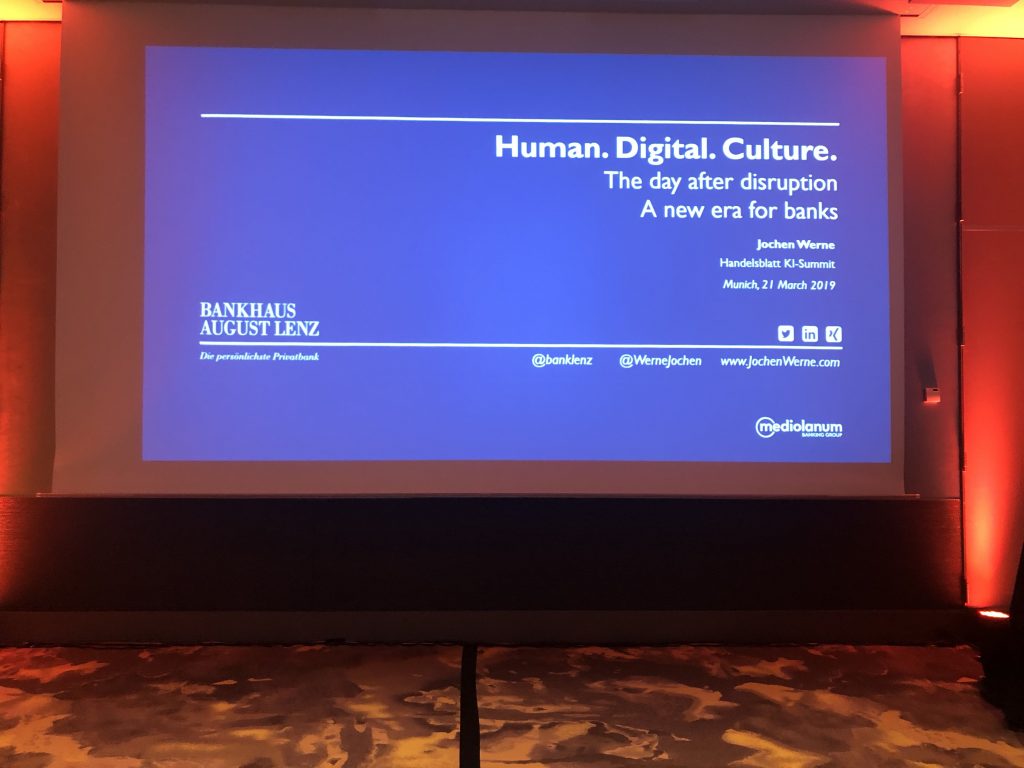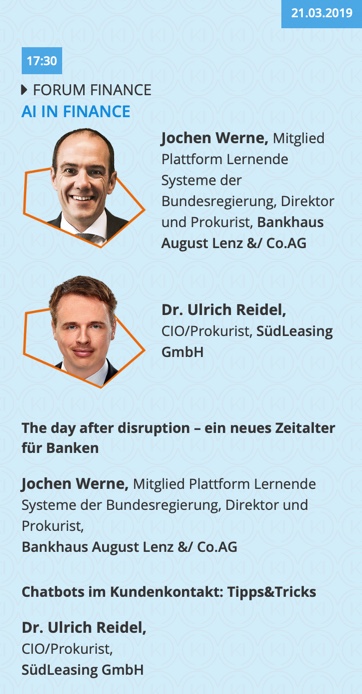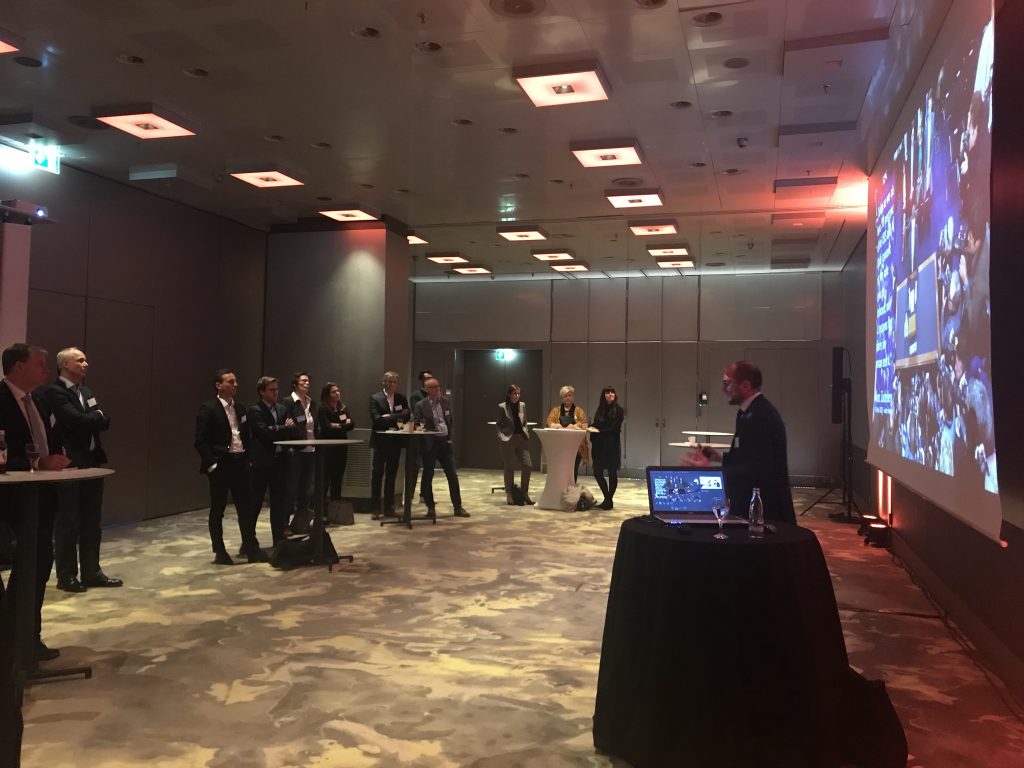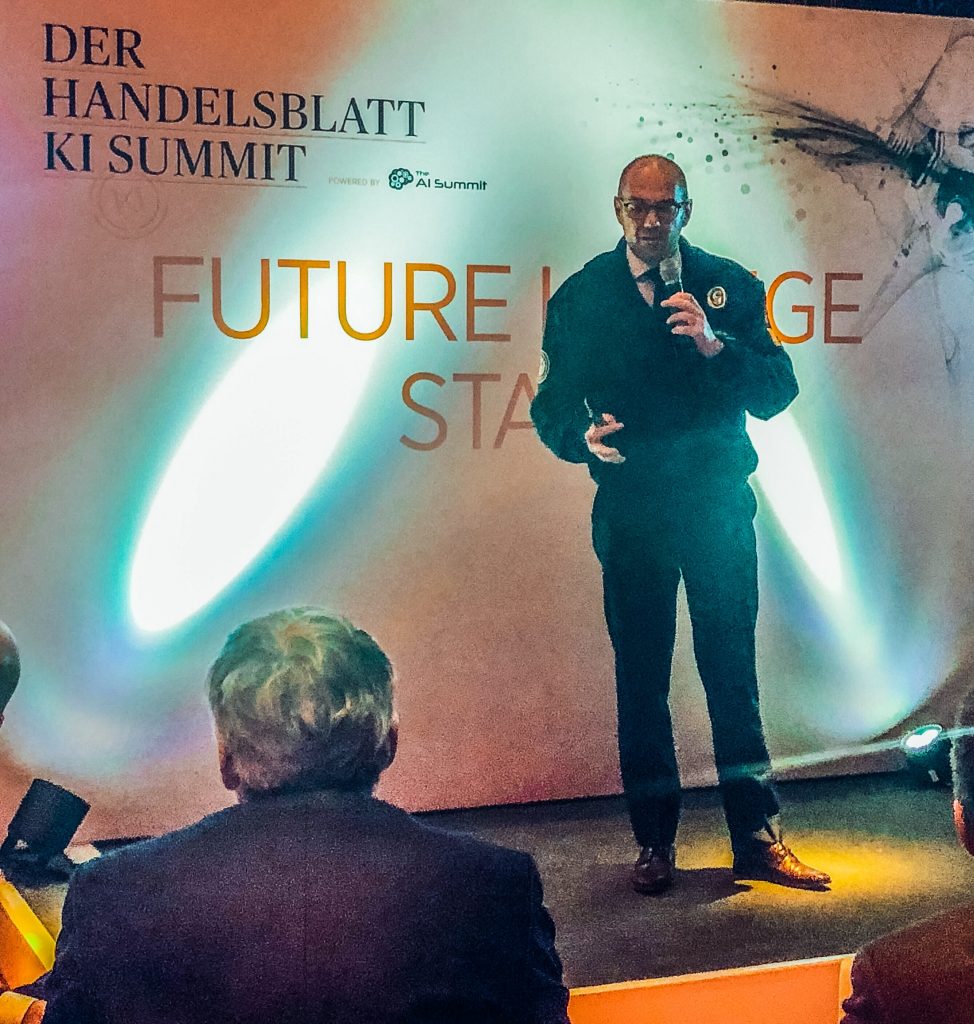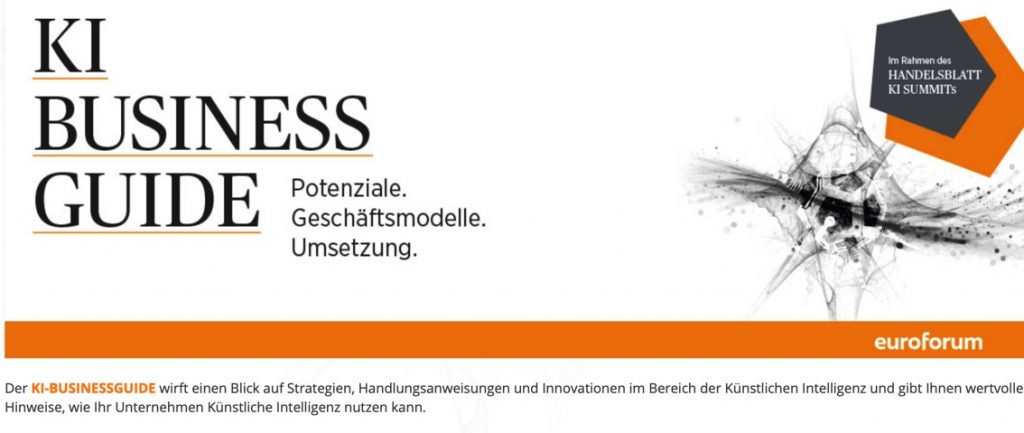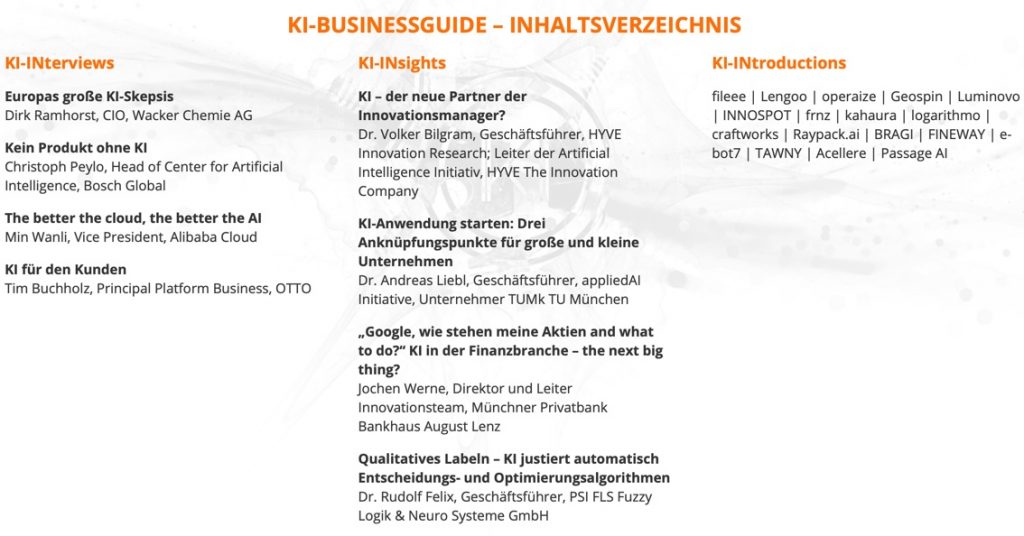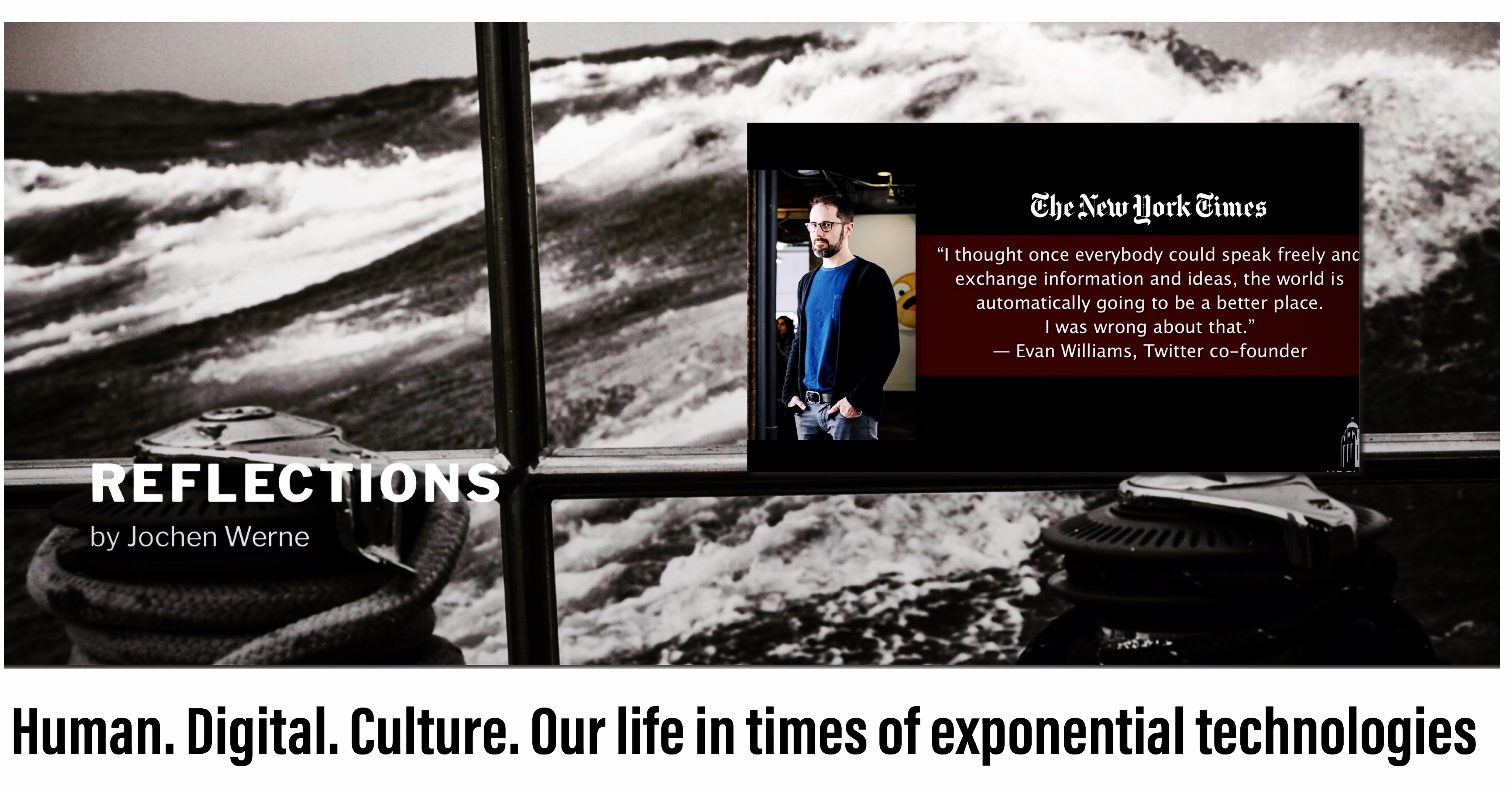It’s greatly inspiring and an honour being part of this unique platform which is concentrating knowledge and illustrating perspectives in the field of artificial intelligence and self learning systems
The Plattform Lernende Systeme brings together expertise from science, industry and society for fostering Germany‘s position as an international technology leader. It understands itself as a forum for exchange and cooperation.
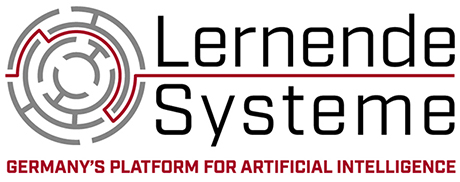
Designing self-learning systems for the benefit of society is the goal pursued by the Plattform Lernende Systeme which was launched by the Federal Ministry of Education and Research (BMBF) in 2017 at the suggestion of acatech. The members of the platform are organized into Working Groups and a Steering Committee which consolidate the current state of knowledge about self-learning systems and Artificial Intelligence. They point out developments in industry and society, analyse the skills which will be needed in the future and use real application scenarios to demonstrate the benefit of self-learning systems. A Managing Office at acatech coordinates the work of the platform.
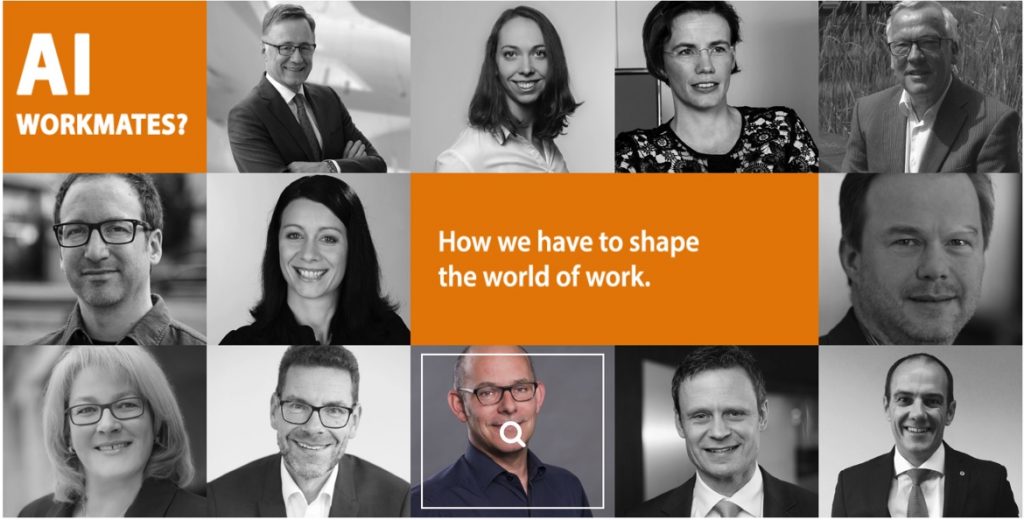
Concept and aims of the platform
Self-learning systems are increasingly becoming a driving force behind digitalisation in business and society. They are based on Artificial Intelligence technologies and methods that are currently developing at a rapid pace in terms of performance. Self-learning systems are machines, robots and software systems that learn from data and use it to autonomously complete tasks that have been described in an abstract fashion – all without specific programming for each step.
Self-learning systems are becoming increasingly commonplace supporting people in their work and everyday lives. For example, they can be used to develop autonomous traffic systems, improve medical diagnostics and assist emergency services in disaster zones. They can help improve quality of life in many different respects, but are also fundamentally changing how humans and machines interact.
Self-learning systems have immense economic potential. As digitalisation takes hold, they are already helping companies in certain sectors to create entirely new business models based on data usage and are radically changing conventional value creation chains. This is opening up opportunities for new businesses, but can also represent a threat to established market leaders should they fail to react quickly enough.
Developing and introducing self-learning systems calls for special core skills, which need to be carefully nurtured to secure Germany’s pioneering role in this field. Using self-learning systems also raises numerous social, legal, ethical and security questions – with regard to data protection and liability, but also responsibility and transparency. To tackle these issues, we need to engage in broad-based dialogues as early as possible.
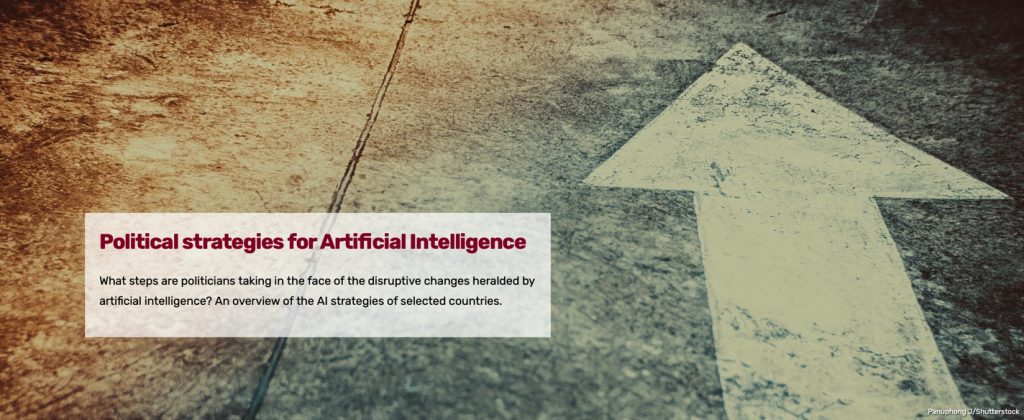
Plattform Lernende Systeme brings together leading experts in self-learning systems and Artificial Intelligence from science, industry, politics and civic organisations. In specialised focus groups, they discuss the opportunities, challenges and parameters for developing self-learning systems and using them responsibly. They derive scenarios, recommendations, design options and road maps from the results.

